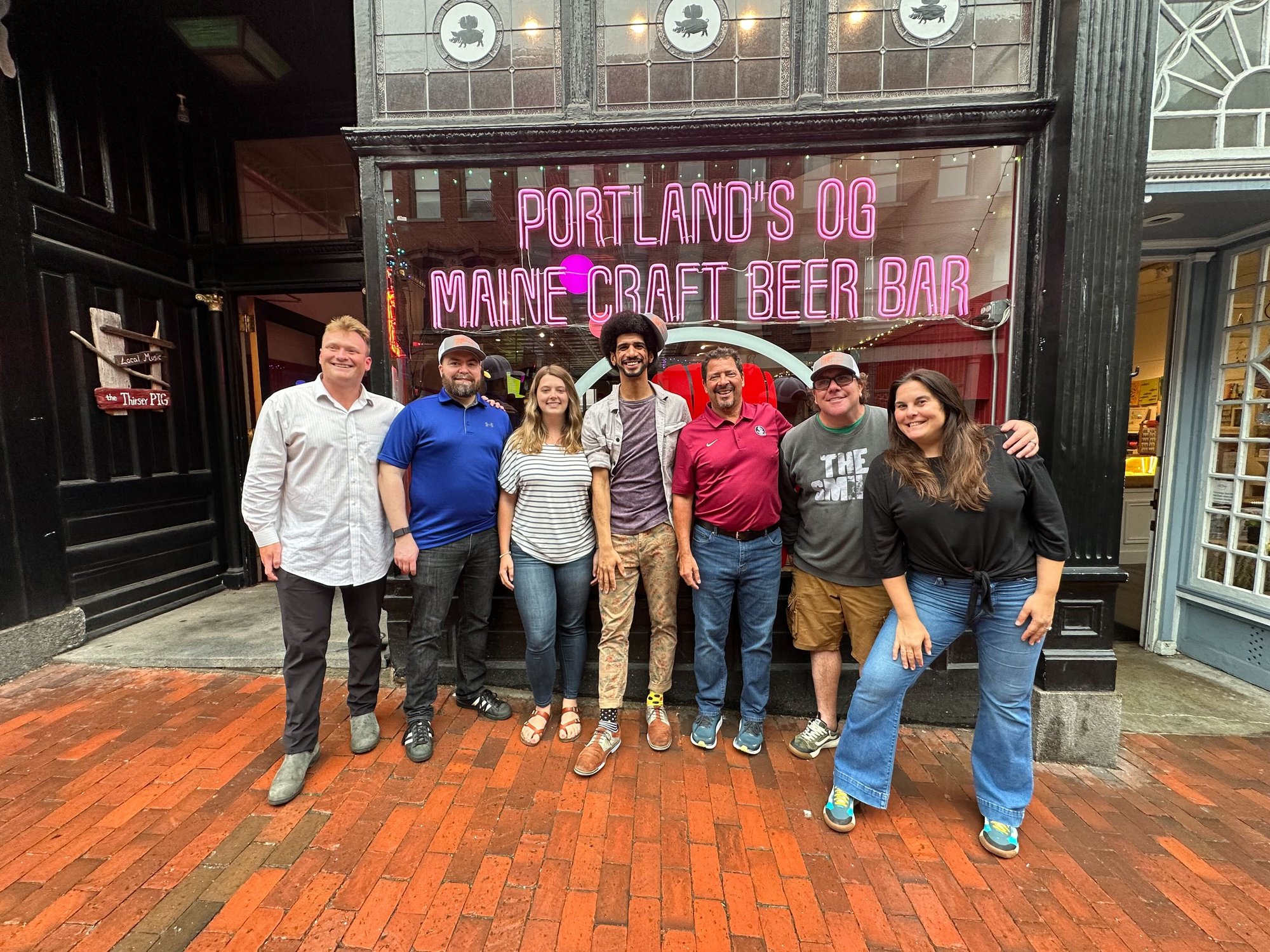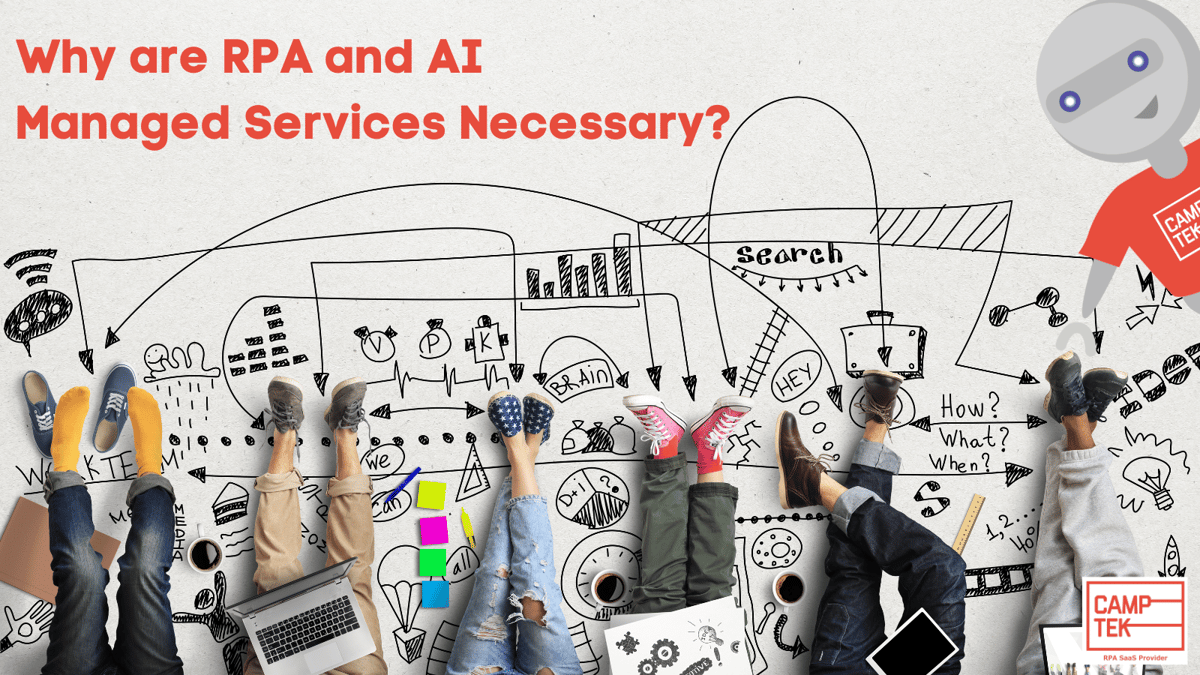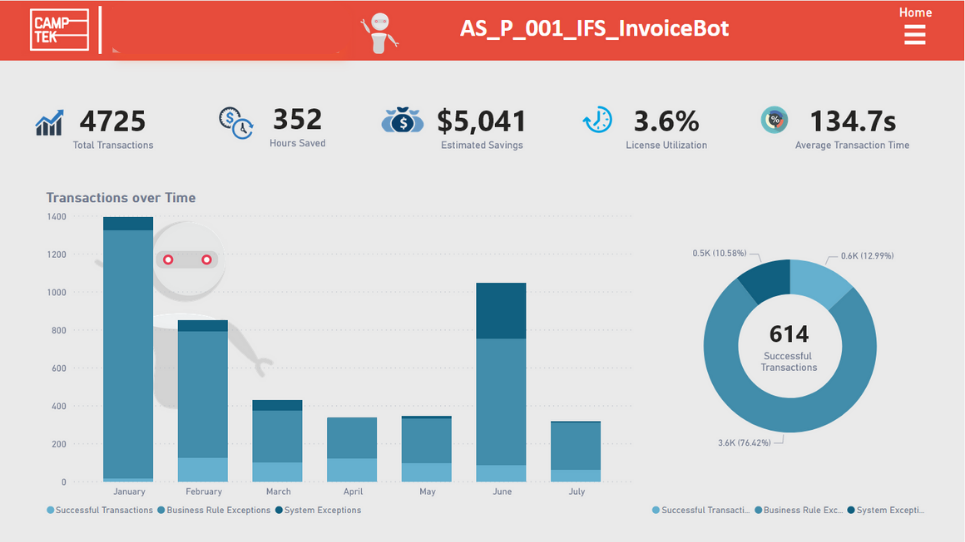Why are RPA and AI Managed Services necessary?
It's stated that approximately 50% of Intelligent Automation projects fail (RPA, AI, IDP). Some of the contributing factors are insufficient process analysis, poor license utilization, no coherent support model, varying methodology for building, inability to acquire certified resources, growing tech debt tied to resources, inability to keep up with the latest tech, and slow scale hindered by IT and internal resources. My company, CampTek Software, was founded on the premise of solving these problems from inception. We realized from the beginning that Managed Services for RPA and AI are necessary to build, support, maintain, and scale a automation program. Many have attempted to create an internal COE without guidance and assistance or are intent on building it themselves. While there are some that have done this successfully, most of them are Fortune 500 companies with the budgets and resources to sustain a successful COE. We have encountered even at that size; that managed services are needed. This gives some indication that it’s less about having a budget for COE resources and more about having seasoned experts who can support automation solutions.
Simply, why are RPA and AI Managed Services necessary?
Support... Support... Support...
Surprisingly (or not so surprisingly) the most overlooked and biggest driver to ensuring the long-range success of any automation program is…I attended Forward II over five years ago and the tagline was a “bot for every human.” I thought to myself, “That’s great, but who is going to support these bots? How are they going to work every day?” Organizations continue to overlook this essential idea. Hiring a staff of developers will not cure this. Most developers don’t want to support their own code, they want to create new code. There is a paradox we often encounter after so many bots are built by a developer who is trying to create and support simultaneously, there is a law of diminishing returns in that they spend more time supporting versus creating new bots so the program can start to cannibalize itself. Not to mention it leads to poor job satisfaction which can lead to developers leaving. Hopefully, in this case, the PDDs are up to date and the code was built to an industry standard. Otherwise, the bot’s maintenance can hinder its performance.
Hosted Support and License Utilization
One of the major complaints about RPA since the enterprise players started selling licenses to companies is the over sell and/or underutilization of licenses for the Unattended/Attended Bots. If the license is purchased and it isn’t used, it costs money. These costs can rise particularly for larger bot purchases. Managed services eliminate that problem in that the Service Provider will only charge what is needed based on the bots usage versus having to buy licenses ahead of time that may never get used.

.png)

-Jan-24-2023-12-37-45-4647-AM.png)
%20(1).png)

%20(2).png)
